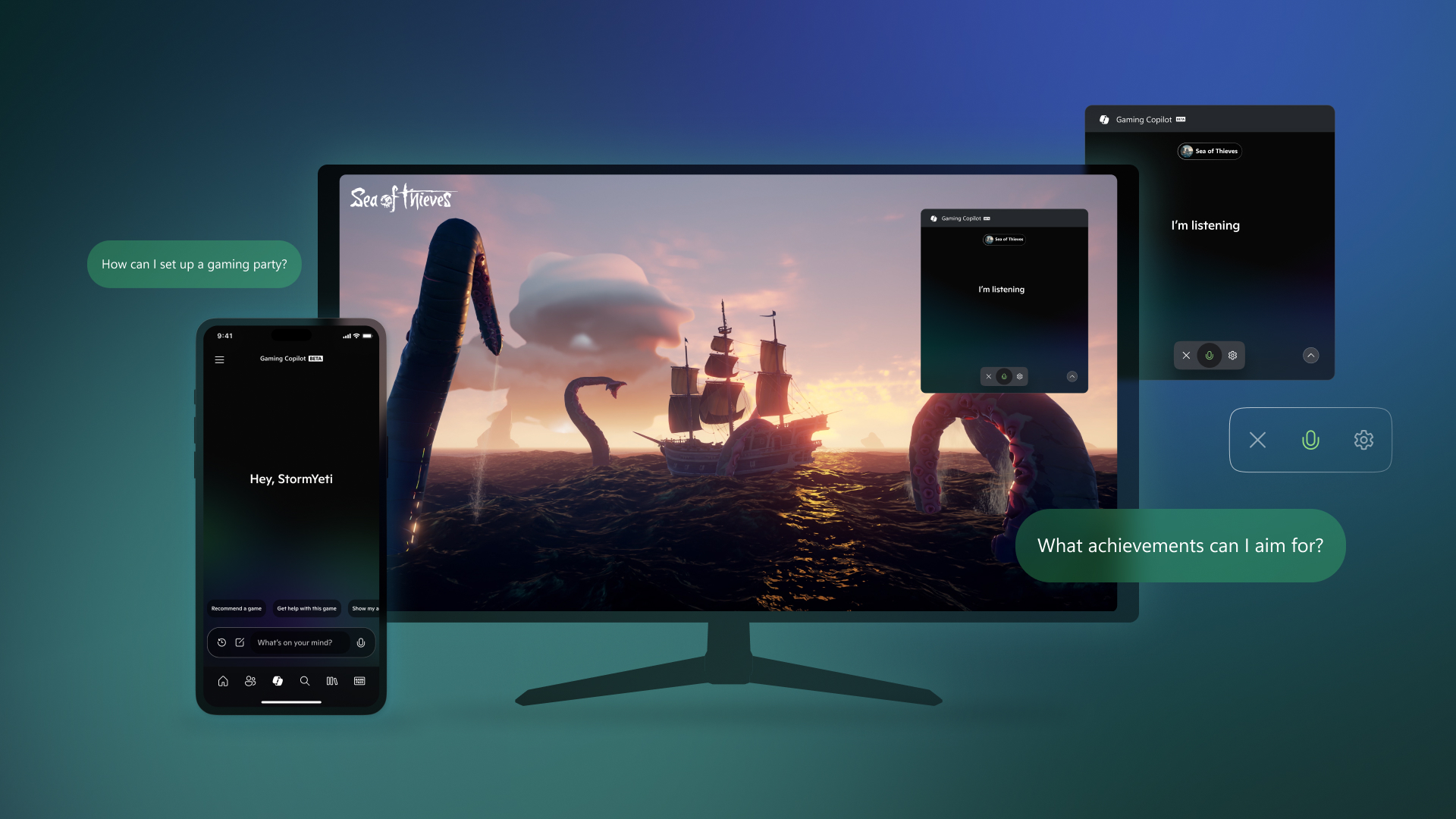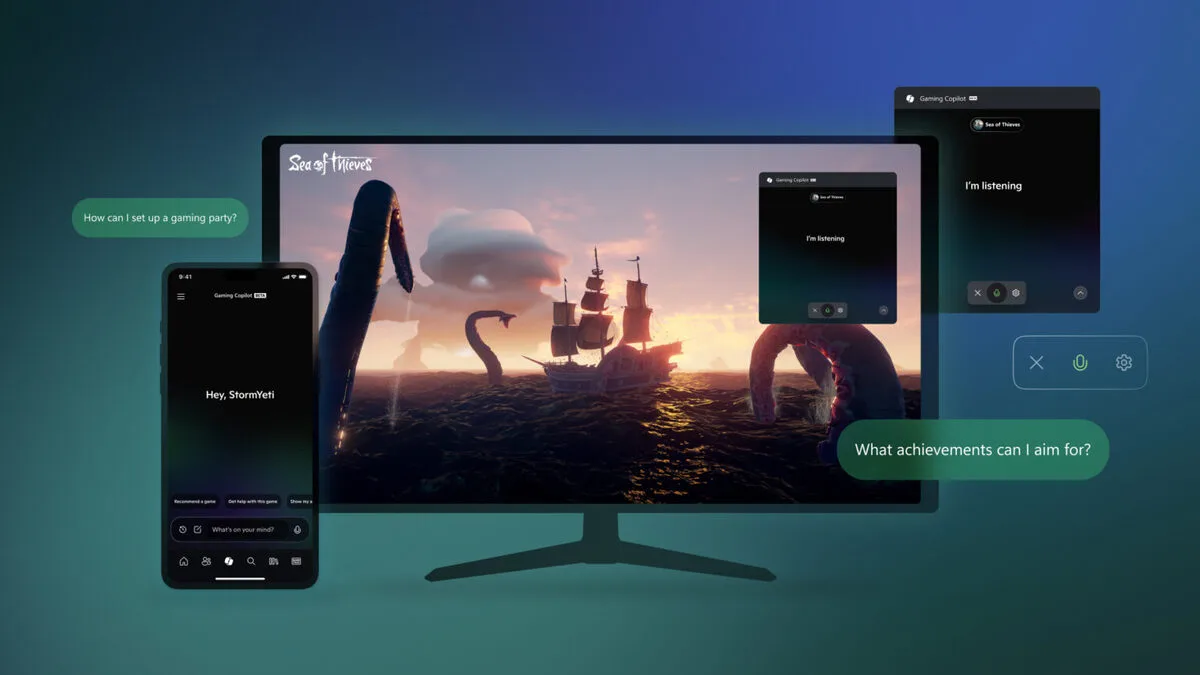In a move that feels both inevitable and overdue, Xbox has officially launched its AI-powered assistant, Gaming Copilot, across Windows PC and mobile platforms. Branded as your “personal gaming sidekick,” this beta rollout marks a pivotal moment in how AI is being embedded into the player experience—not just as a tool, but as a companion.
But while Microsoft is now delivering on the promise of real-time, in-game assistance, it’s hard not to look back at Google Stadia and wonder: wasn’t this exactly what Stadia wanted to be?
What Gaming Copilot Actually Does
Gaming Copilot isn’t just a chatbot bolted onto your Game Bar. It’s context-aware, voice-enabled, and deeply integrated into your gameplay. Here’s what it brings to the table:
- Voice Mode: Players can ask for help mid-game without breaking immersion. Whether it’s a quest tip, enemy strategy, or NPC backstory, Copilot responds in real time.
- Screen Awareness: It understands what’s happening on your screen—like identifying enemies or summarizing dialogue—and offers relevant insights.
- Game Recommendations & Achievement Tracking: Copilot can suggest new titles based on your play history and help you hunt down achievements.
- Cross-Device Support: Starting with PC and mobile, with handhelds like the ROG Xbox Ally and consoles next in line.
This isn’t just AI for productivity—it’s AI for play. And it’s being rolled out globally (except mainland China), with feedback loops built in to refine the experience.
Stadia’s Unrealized Vision: The Assistant That Never Was
Yes, HERE I GO WITH STADIA…Back in 2019, Google Stadia teased a future where players could pause a game, ask an AI assistant for help, and get instant walkthroughs or YouTube clips. The concept was ambitious: a seamless fusion of cloud gaming, search, and AI. But it never materialized.
Stadia’s assistant was supposed to:
- Offer real-time game help via voice or text.
- Integrate with YouTube to surface relevant content.
- Leverage Google’s search dominance to answer gameplay questions.
Instead, Stadia struggled with latency, limited game support, and a lack of community traction. The assistant feature faded into vaporware, and Stadia itself was shut down in early 2023.
Xbox vs. Stadia: A Tale of Execution
| Feature | Xbox Gaming Copilot | Google Stadia Assistant (Planned) |
|---|---|---|
| Real-time voice interaction | ✅ Available via Game Bar & mobile | ❌ Never launched |
| Screen-aware AI | ✅ Contextual help based on gameplay | ❌ Concept only |
| Achievement tracking | ✅ Integrated with Xbox ecosystem | ❌ Not implemented |
| Game recommendations | ✅ Based on play history | ❌ Not realized |
| Ecosystem integration | ✅ PC, mobile, handhelds, consoles | ❌ Stadia only |
| Community feedback loop | ✅ Built-in feedback tools | ❌ No public iteration |
Microsoft didn’t just dream it—they built it. And they’re iterating in public, inviting players to shape the assistant’s future. Stadia, by contrast, was a closed experiment that never reached its potential.
For creators and communities invested in legacy, accessibility, and platform governance, Gaming Copilot raises important questions:
- Will AI assistants become gatekeepers to game knowledge?
- How do we ensure bilingual and culturally resonant support?
- Can community-driven feedback shape AI in ways that Stadia never allowed?
Xbox’s Copilot is a step toward democratizing game assistance, but it must remain transparent, inclusive, and responsive to diverse player needs. Stadia’s failure wasn’t just technical—it was a missed opportunity to build with, not just for, the gaming community.

